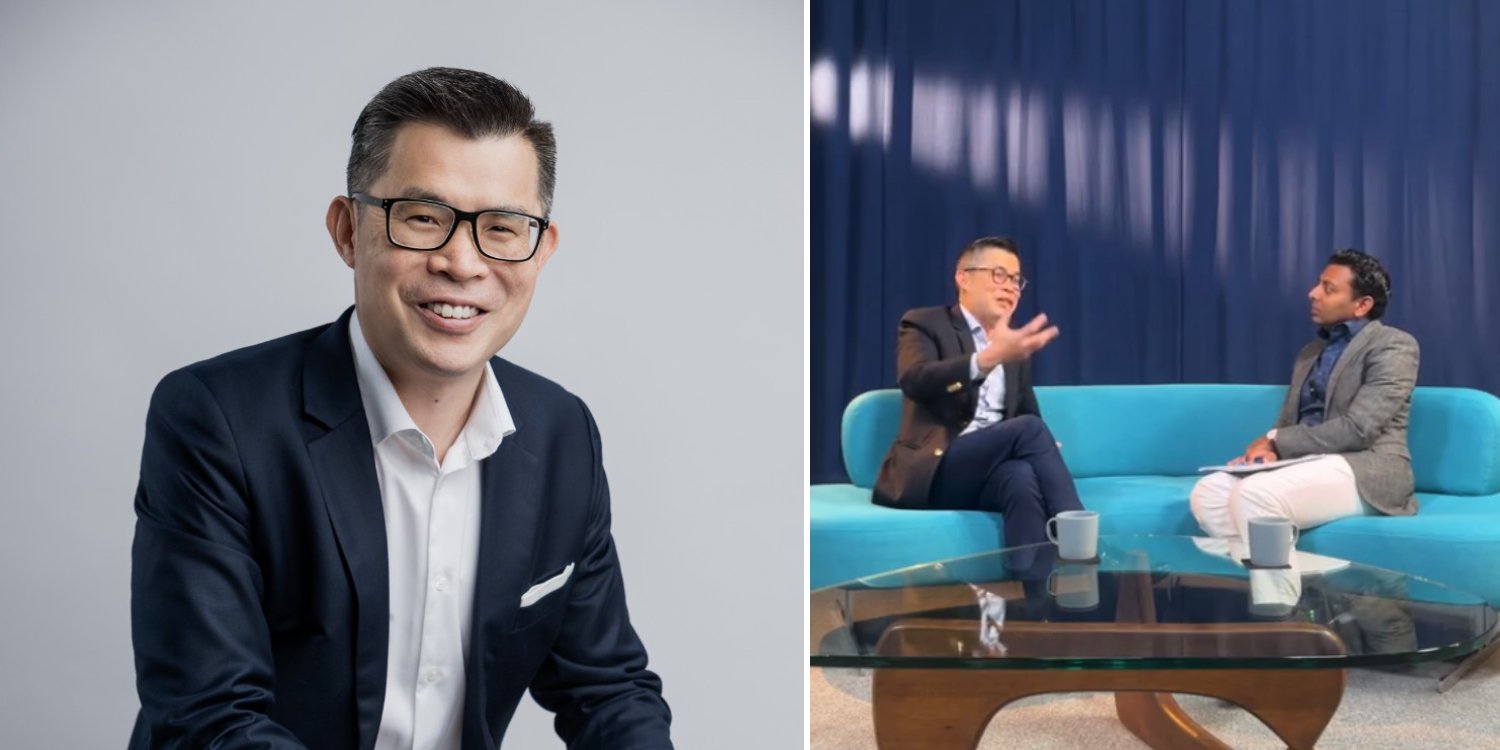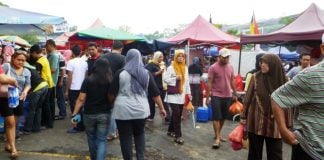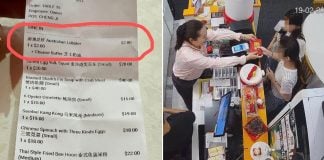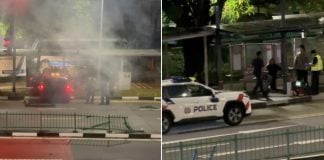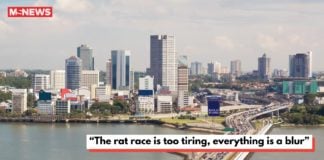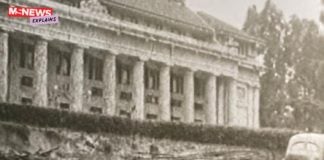The Straits Times editor says Government interference doesn’t exist in podcast
The Straits Times (ST) editor Jaime Ho has denied that there is Government interference or censorship in the newsroom.
Speaking in a livestream on 14 Feb that’s hosted by Walid Jumblatt Abdullah, an Assistant Professor at Nanyang Technological University’s School of Social Sciences, Mr Ho said: “Is there censorship? No, don’t be silly, no. There is no censorship.”
He added: “I don’t think people have the time for that anyway, even if they wanted to.”
Mr Ho was responding to Prof Walid’s question on whether there is censorship from the Government or some form of self-censorship in place.
The hour-long livestream, which is episode 76 of Prof Walid’s ‘Teh Tarik with Walid’ series, can also be found on Spotify as a podcast.
Different newsrooms have different relationships
On whether the publication is independent, Mr Ho said: “The newsroom for sure would like to believe that we’re as independent as can be.”
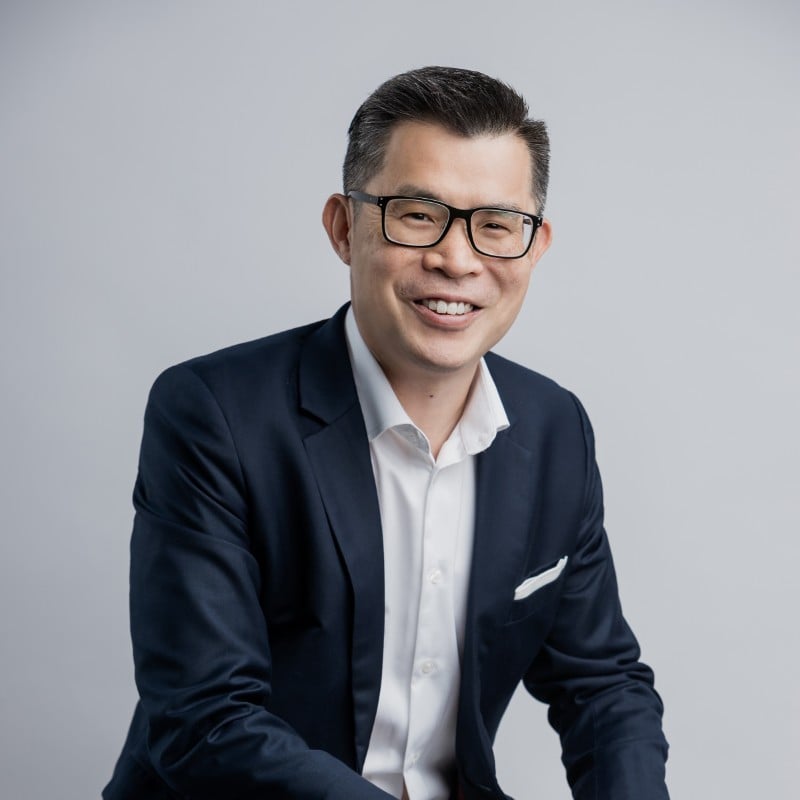
Source: LinkedIn
However, newsrooms exist in very specific contexts, and there are many different newsrooms around the world with different ways of working, he pointed out. “We are just one of them.”
All newsrooms “have different relationships” with various newsmakers and stakeholders, including the Government, he said.
Their relationship is one that’s fluid, where conversations take place. “We listen to them; they listen to us. Sometimes they have feedback for us, sometimes we have feedback for them,” he said. However, he does not think this translates to censorship.
Singapore has long come under fire for its supposed “non-existent” freedom of the press. The nation has consistently ranked low in the Reporters Without Borders (RSF) index. The folks behind RSF is of the view that Singapore’s media laws breach media freedom; RSF also said that self-censorship is widespread among the media in the country.
A WikiLeaks document from 2011 also asserted “pressure” put on ST staff “to ensure that the paper’s domestic coverage follows the government line”.
Why, asked Prof Walid, is there a prevailing belief that there is censorship within the media, despite Mr Ho’s assertion that there is none?
“If they want to have a discussion about what is the Government’s influence on us, I think that’s a fair enough discussion,” he replied. “But to go into the realm of actual censorship, I think that’s putting it a bit too far.”
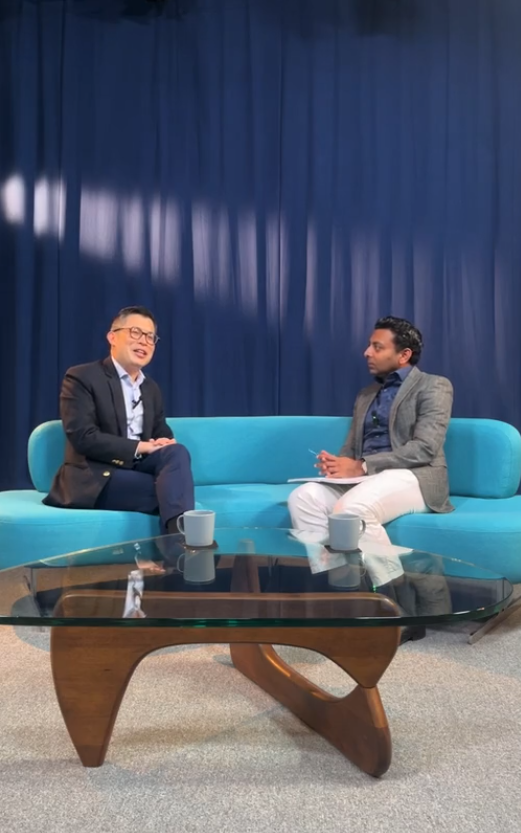
Source: Instagram
Relationship between ST and Government has evolved
Mr Ho acknowledged that ST was once deemed “the paper of record”, adding that he can’t deny the paper and the Government has had a relationship. However, it has evolved through the years.
“I would like to believe some of it comes from a certain degree of trust from both sides… again, there’s no point denying it.”
He cited statistics such as that of Reuters Institute, which still shows a high degree of trust in Singapore’s mainstream media outlets, such as ST.
Mr Ho also noted a high level of trust in the Government. “If you look at other measures of trust in the Government and society’s trust in the Government, it is also quite high. Higher than most places. If you look at that as a whole, it frames the tone of the relationship between us and the Government.”
While people may say that is therefore translated to “some degree of influence” or censorship, he disagrees that that’s the case.
Self-censorship is in the eye of the beholder, says ST editor
On whether the paper exercises self-censorship, Mr Ho said that is “in the eye of the beholder”.
He prefers to see it as the paper being extra cautious and having additional levels of checks and verifications, as it holds itself to “different standards” compared to others.
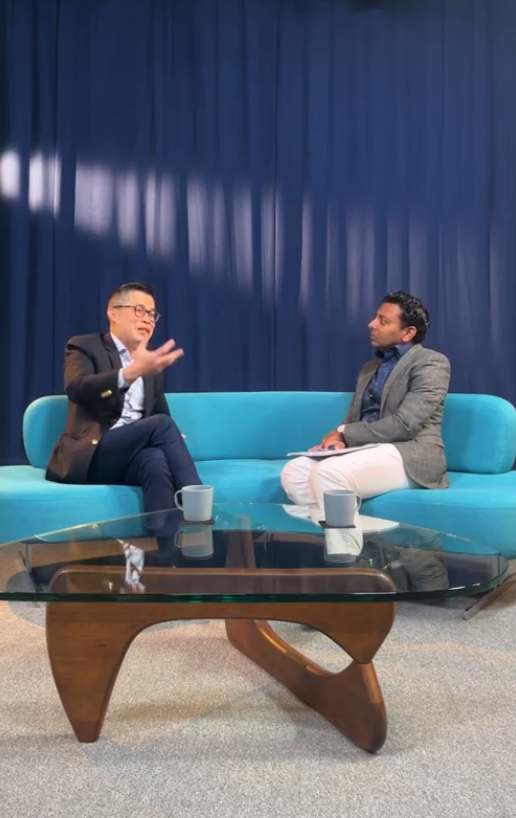
Source: Instagram
“Every newsroom makes editorial judgments… some may see that one is different from the other in the name of something else,” he added. “To say that is self-censorship is slightly unfair, but I think it’s a discussion worth having.”
Mr Ho said he’d rather have discussions about the quality of journalism, such as how specific stories are dealt with, why they came up with a particular headline or took longer than others to cover an event, rather than being quick to write instances off as self-censorship.
Asked why some articles look like a regurgitation of Government press releases, Mr Ho said: “I think we underestimate the size and looming presence that Governance has in Singapore. Let’s be honest with you. The number of press releases, the number of Government policy announcements we get — the size of our Government is getting larger, the place it has in our society is getting larger.”
What this means for the news cycle, he explained, is there’s a ton of information released every day. Faced with a barrage of news, and with finite resources, sometimes that’s just the way it is, he said.
“Yes, sometimes the language is clunky, I admit — we can do better… at editing, at writing, we can improve as journalists. All of this is fair.”
Before being appointed ST’s editor in October 2022, Mr Ho was chief editor of CNA Digital between January 2016 and April 2022.
Before joining CNA, Mr Ho held various positions at the Ministry of Foreign Affairs (MFA), including Deputy Director of the Climate Change Office, and Deputy Director of Public Affairs.
You can watch the full ‘Teh Tarik With Walid’ episode on Instagram or listen to it on Spotify.
Also read: Letter: The Straits Times Praised Ng Kok Song For Running As President But Ignored Tan Kin Lian
Letter: The Straits Times Praised Ng Kok Song For Running As President But Ignored Tan Kin Lian
Have news you must share? Get in touch with us via email at hello@mustsharenews.com.
Featured image adapted from Instagram.
